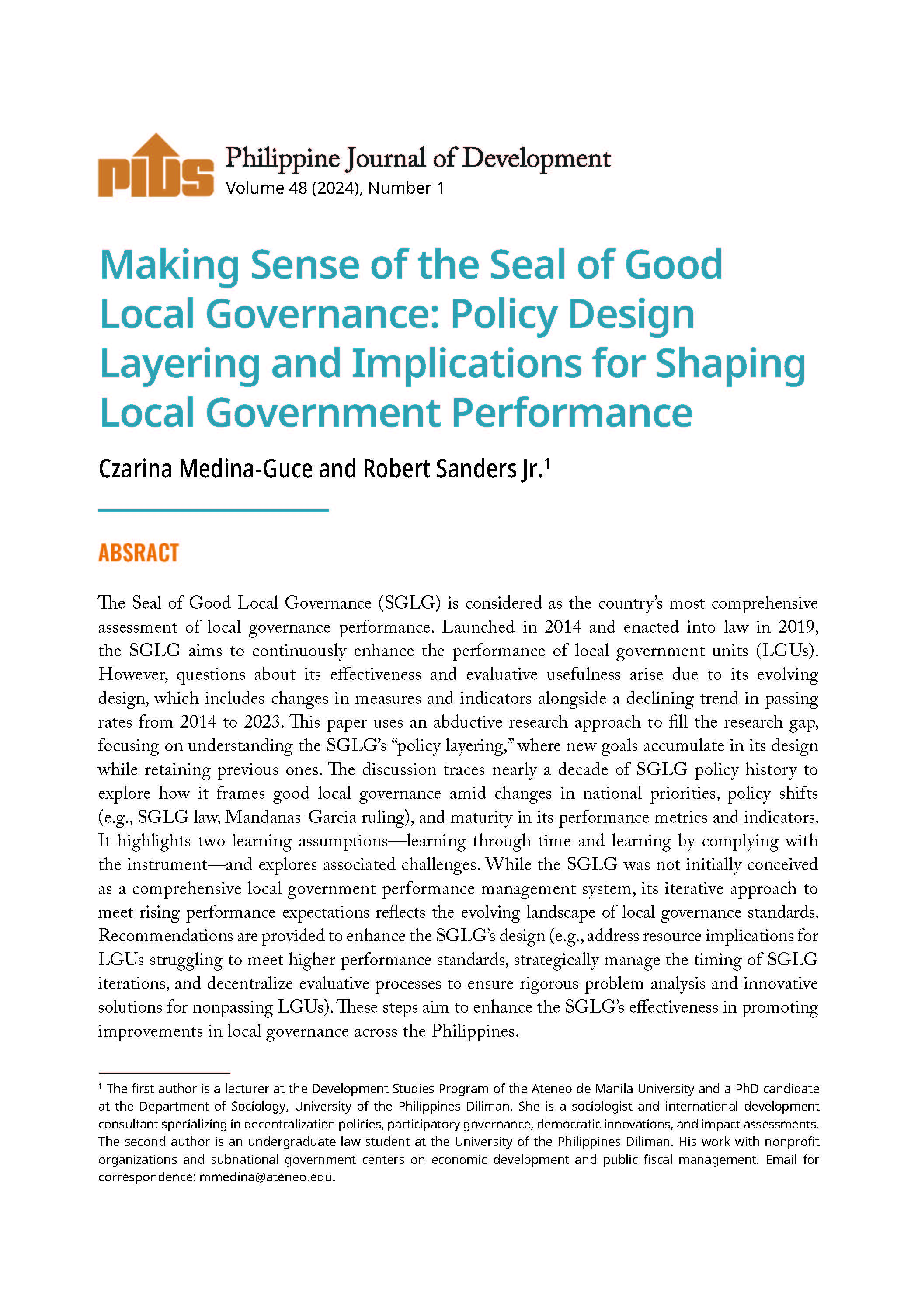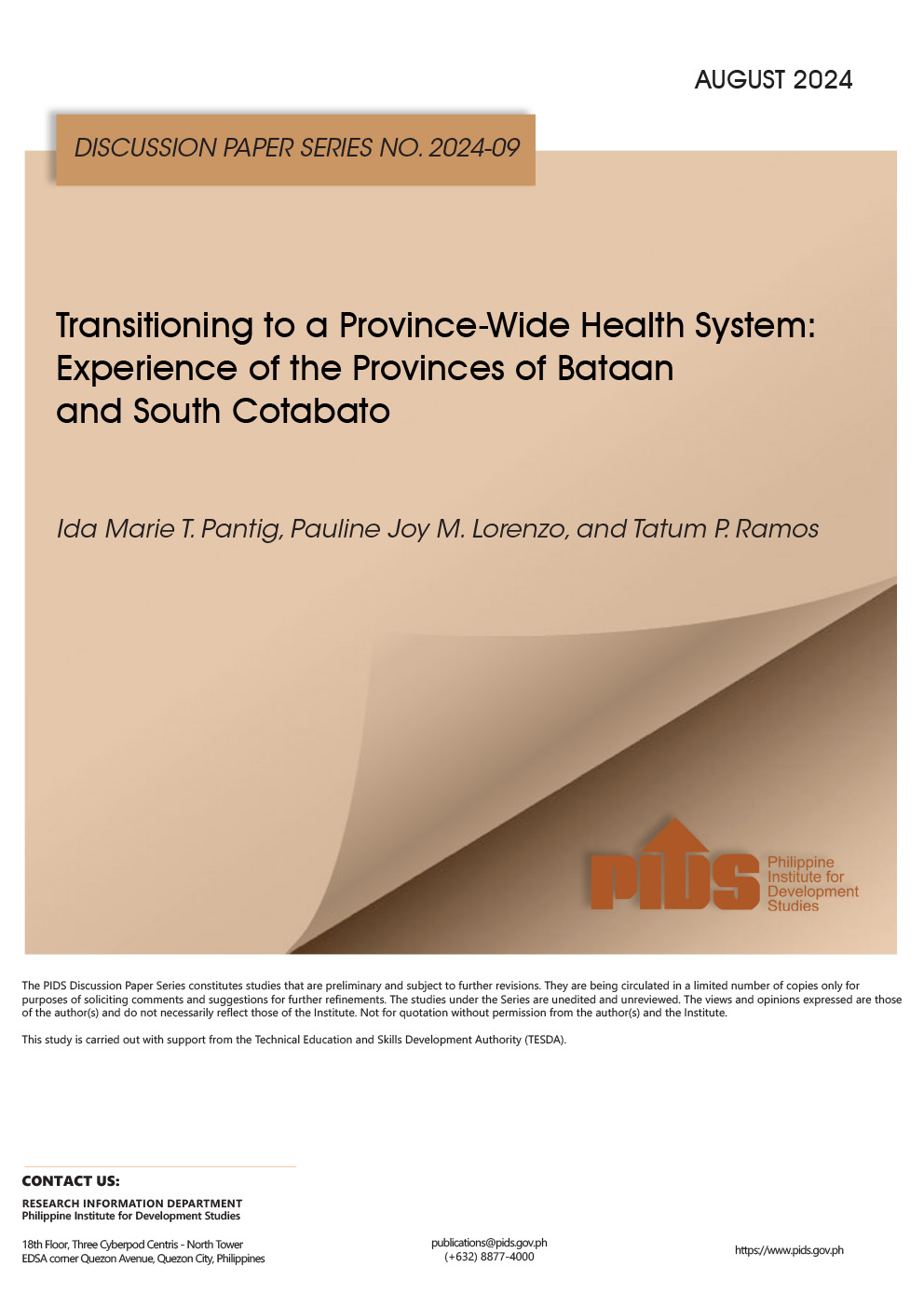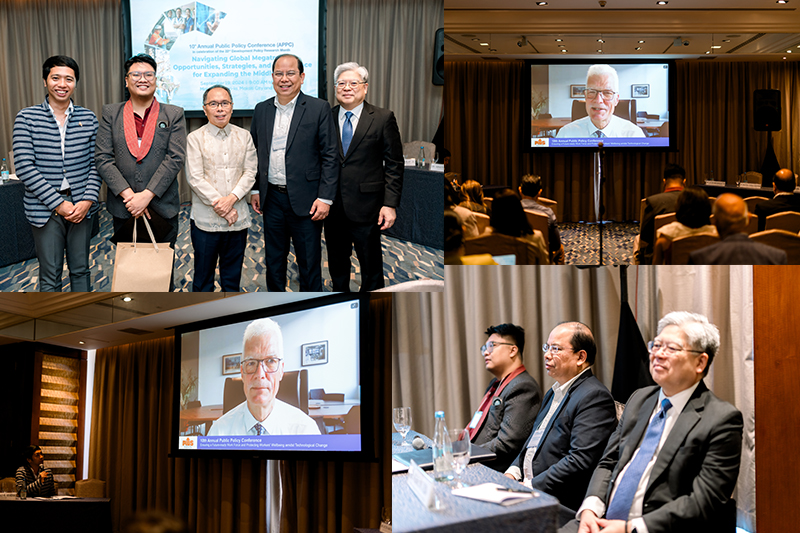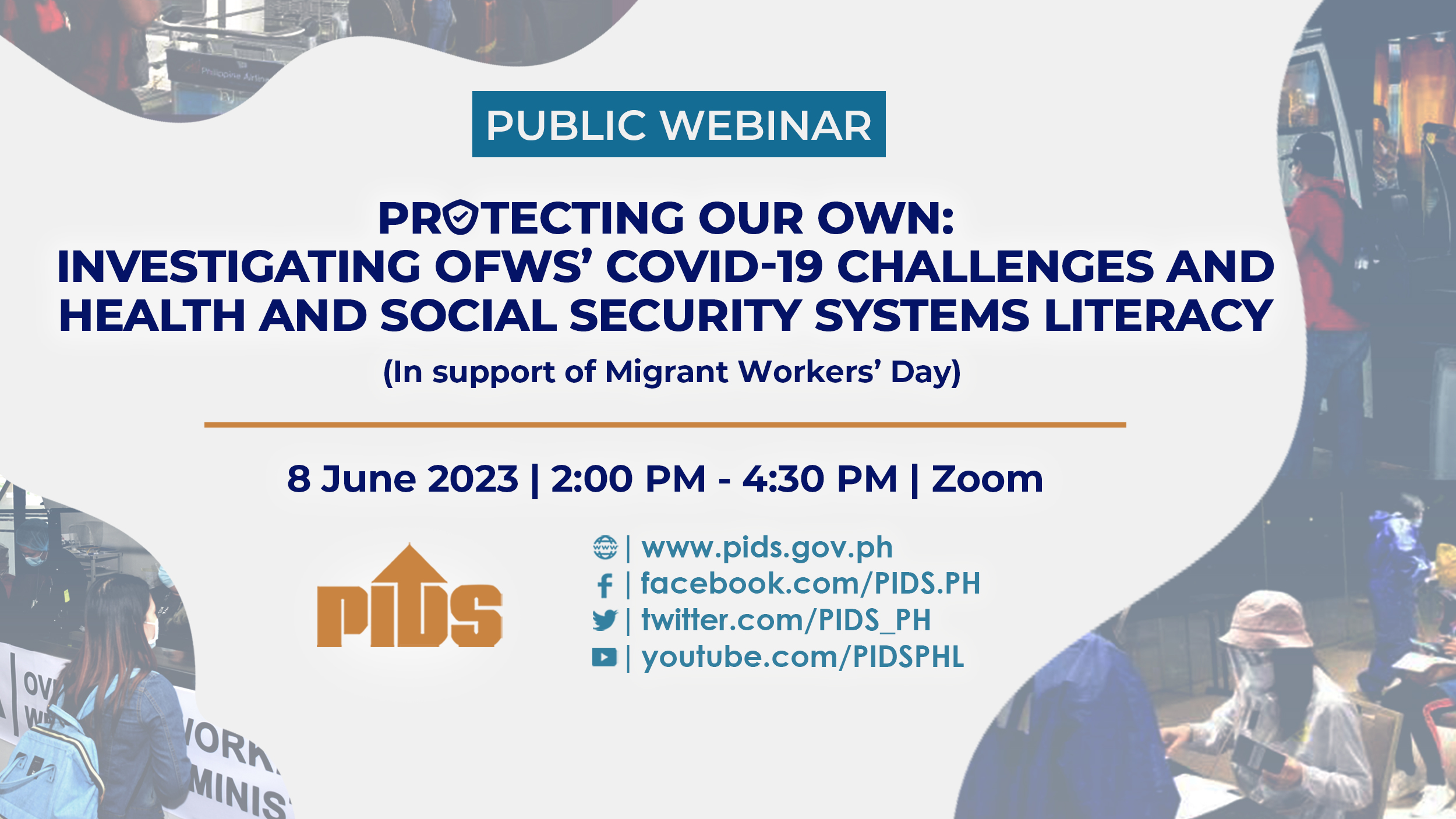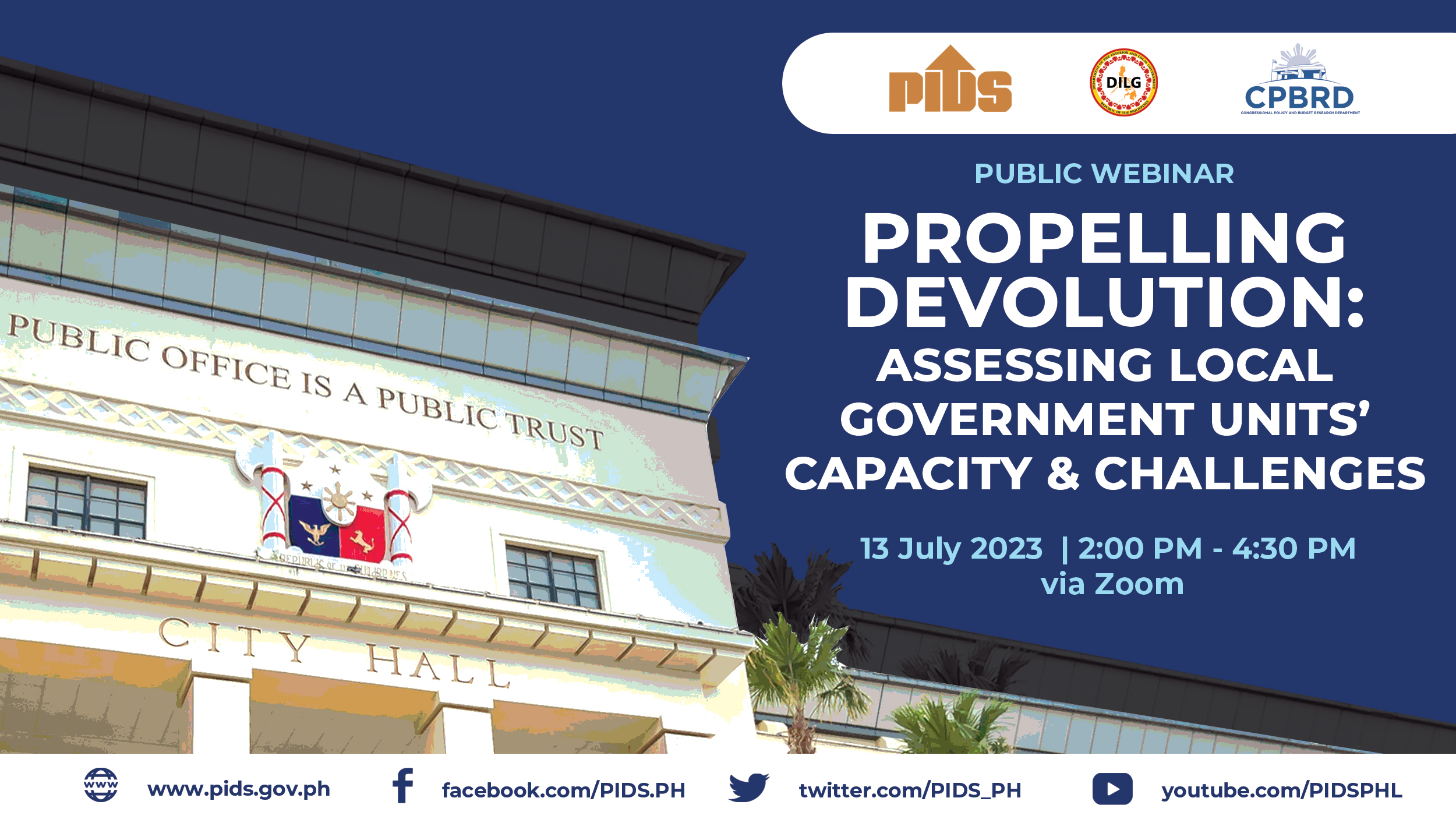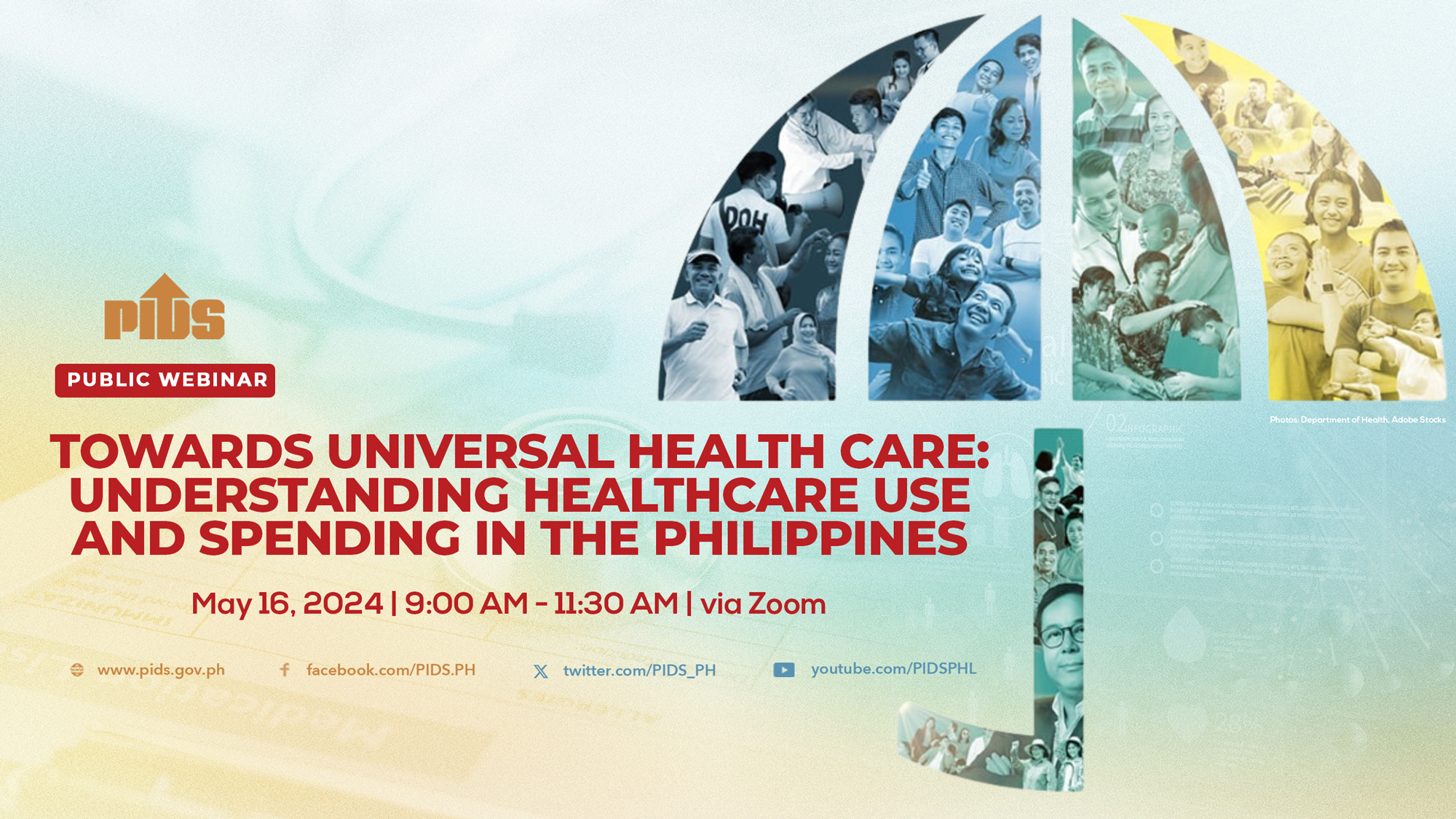MANILA, Philippines – The government should intensify public-private partnership (PPP) projects involving universal health insurance system, according to a think tank.
In a study, the Philippine Institute for Development Studies (PIDS) said the government could take the PPP route in addressing the health needs of people in far-flung areas.
“Availability and accessibility of health care services is a crucial determinant in the decision to avail or not to avail of health insurance,” Denise Valerie Silfverberg, PIDS consultant, said.
Studies show the lowest coverage of the Philippine Health Insurance Corp. (PhilHealth) is in lone-standing islands or island provinces that are not physically attached to the urbanized centers in the regions.
The issue of availability and accessibility might be particularly true for certain provinces that are more geographically constrained, the study pointed out.
Government providers can address this problem through the provision of mobile clinics or the improvement of district hospitals especially in geographically isolated areas, with the help of private sector partners in a national, regional or provincial level.
“Both can be done through public-private partnership. PhilHealth can help address this issue by assisting in the accreditation process of the closest health-care facilities,” the study pointed out.
Furthermore, PhilHealth can facilitate information campaigns in selected areas to let people know where the closest PhilHealth-accredited facilities are located and what services they can avail themselves of using their health insurance.//
In a study, the Philippine Institute for Development Studies (PIDS) said the government could take the PPP route in addressing the health needs of people in far-flung areas.
“Availability and accessibility of health care services is a crucial determinant in the decision to avail or not to avail of health insurance,” Denise Valerie Silfverberg, PIDS consultant, said.
Studies show the lowest coverage of the Philippine Health Insurance Corp. (PhilHealth) is in lone-standing islands or island provinces that are not physically attached to the urbanized centers in the regions.
The issue of availability and accessibility might be particularly true for certain provinces that are more geographically constrained, the study pointed out.
Government providers can address this problem through the provision of mobile clinics or the improvement of district hospitals especially in geographically isolated areas, with the help of private sector partners in a national, regional or provincial level.
“Both can be done through public-private partnership. PhilHealth can help address this issue by assisting in the accreditation process of the closest health-care facilities,” the study pointed out.
Furthermore, PhilHealth can facilitate information campaigns in selected areas to let people know where the closest PhilHealth-accredited facilities are located and what services they can avail themselves of using their health insurance.//

